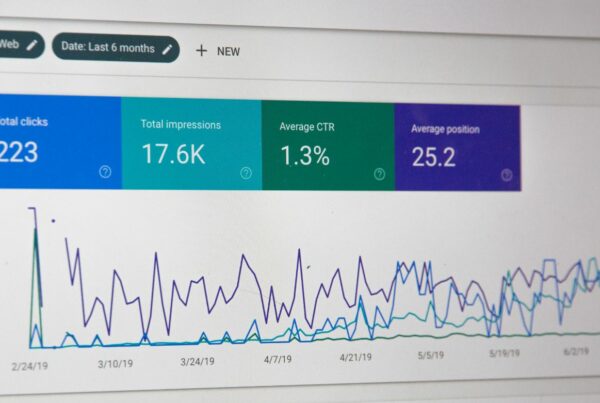According to cybersecurity statistics, 47 percent of U.S. small businesses fell victim to at least one cyber attack in 2018 — while 44 percent of those businesses suffered two, three, or four attacks. And while the most common security attacks ranged from ransomware and hacking to the loss or misuse of important business data, other internet security threats affecting small businesses include malware, spyware, viruses, unsecured wireless networks, and phishing.
As a small business owner, website security should top your list of priorities — as having an unsecured website puts your company and its valued customers and clients at risk of unauthorized activity. And with these tips from the website design, hosting, and support professionals at Swank Design, you’ll learn how to secure your business website and avoid common threats that could be detrimental to your small enterprise.
Get a Secure Sockets Layer (SSL) Certificate
To protect your customers and website users, your small business needs a Secure Sockets Layer — or an SSL certificate. The SSL certificate offers protection against data breaches, improves your website’s search engine ranking, and provides your customers with greater peace of mind — especially if you’re processing online payments. Moreover, you can easily get an SSL certificate through trusted authorities such as HubSpot, Let’s Encrypt, Comodo, Cloudflare, SSL For Free, and GoDaddy. If you create a website with Swank Design, a free Let’s Encrypt SSL certificate will be included as part of your design service.
Choose Strong Passwords
Using weak, short, or common passwords for your business website puts your site at risk of being compromised in the future. However, the solution is as simple as replacing old passwords with strong and secure new ones — and updating your passwords every few months.
Sara Angeles of Business News Daily shares some tips for creating strong, uncommon passwords, or you could use a password manager such as Dashlane or LastPass. Password managers can be used to generate, store, and autofill your passwords — allowing you to use strong, hard-to-remember passwords that improve your cybersecurity.
Update CMS Software
In addition to choosing strong passwords and obtaining an SSL certificate for your website, it’s important to periodically update your content management system (CMS) software. This means keeping your plugins and themes up to date, and updating to newer versions of your CMS software whenever they become available.
Some benefits of regularly updating your CMS software include faster page speeds, improved website performance, enhanced website security features, and greater protection against cybercriminals.
Get Help From the Pros
To keep your small business website safe and secure — and reduce your risk of a cyberattack — there are several professionals you may wish to enlist the help of. As a few examples, you can get help with things such as:
- Cybersecurity. Freelance cybersecurity professionals can help to protect you and your website visitors from suspicious online activity, and prevent cyberattacks and data breaches from occurring. Plus, when you use freelance job boards like Upwork, you can compare freelancer costs, reviews, and delivery times before making a hiring decision.
- Web design, hosting, and support. Swank Design, for instance, offers a variety of services — whether you need to design a website from scratch or update your business’s existing site. Swank Design can help to keep your website data safe and protected, thanks to its security features, frequent updates, and nightly backups.
The Bottom Line
Approximately 60 percent of small companies close their doors within six months of falling victim to a cyberattack. However, these tips will help to protect your small business website against cybercrime — so hopefully this will never happen to you. By obtaining an SSL certificate, choosing strong passwords, keeping your CMS software up to date, and enlisting the help of a few professionals, you’ll improve your website security and protect it from hackers.
Are you ready to design or redesign your small business website? Contact the web designers at Swank Design to obtain your free quote!
Article Written By
Cody McBride | techdeck.info
Tech Deck offers easy-to-understand tech-related advice and troubleshooting tips
















Recent Comments